Introduction
What Is The Lifespan Of A Cockatiel: The lifespan of a cockatiel, a popular and beloved pet bird, is a topic of great interest to bird enthusiasts and potential pet owners alike. These charming and charismatic parrots are known for their striking appearance, captivating personalities, and melodious vocalizations. However, like all living creatures, cockatiels have a finite lifespan that can be influenced by various factors. In this article, we will explore the factors that determine the lifespan of a cockatiel, provide insights into their typical longevity, and offer guidance on how to maximize their health and well-being to ensure they live a happy and fulfilling life as our feathered companions. Whether you’re a devoted cockatiels feed owner or simply curious about these delightful birds, understanding their lifespan is essential for providing them with the best care possible.
Cockatiels, scientifically known as Nymphicus hollandicus, are native to Australia and are a member of the parrot family. These small and sociable birds have become cherished pets around the world due to their friendly and inquisitive nature. As with any pet, knowing the expected lifespan of a cockatiel is crucial for planning their care and ensuring a lasting and rewarding bond between the bird and its owner. While the lifespan of a cockatiel can vary based on several factors, including genetics, diet, and the level of care they receive, the average lifespan falls within a range of 15 to 25 years. This longevity underscores the commitment required when deciding to bring a cockatiel into your home, as they can be a companion for decades.
In the following sections of this article, we will delve deeper into the factors that influence a cockatiel’s lifespan, from their genetics and diet to their environment and healthcare. By understanding these elements, you can not only help your cockatiel thrive but also foster a deep and lasting connection with these remarkable birds. Just like in humans and other animals, genetics play a significant role in determining a cockatiel’s lifespan. Some birds may inherit certain genetic predispositions that make them more susceptible to health issues, while others may have robust genetic traits that promote longevity. Proper nutrition is vital for the health and longevity of a cockatiel. A balanced diet that includes a variety of fruits, vegetables, seeds, and high-quality pellets is essential. Poor nutrition can lead to various health problems, so it’s crucial to feed your cockatiel a well-balanced diet and consult with an avian veterinarian for dietary recommendations.

Can 1 cockatiel live alone?
Cockatiels are social creatures and will not be happy if left alone. However, you can offer them company in many ways. Lots of people own single cockatiels that are very closely bonded to their owner. As long as the bird gets enough time and interaction, it will grow up healthy.
Cockatiels are renowned for their sociable and affectionate nature, often forming deep bonds with their human caregivers. However, one common question that arises in the world of avian companionship is whether a single cockatiel can live alone. The answer to this question involves considering the physical and emotional needs of these birds, as well as the potential benefits and drawbacks of solitary living for a cockatiel.
Cockatiels are inherently social birds. In their natural habitat of Australia, they often flock together and engage in various social interactions with other birds. This social nature extends to their behavior in captivity. Cockatiels enjoy companionship and can form strong bonds with other birds, especially those of the opposite sex. These bonds include preening each other, vocalizing together, and even sharing feeding duties if they are a mated pair.
Ultimately, the choice of whether to keep one or more cockatiels depends on your lifestyle, the time you can commit to their care, and your bird’s individual personality. Some single cockatiels thrive in loving, attentive households, while others may benefit from the companionship of another bird.
Can cockatiels live to 20?
A well-cared-for cockatiel is a friend that can be around for a very significant chunk of your life. Up to 15 years should be very attainable given there are no genetic defects or unlucky accidents. In fact, even 20 to 25 years and up are not unheard of by any means for captive cockatiels!
Genetics: Cockatiels, like any living beings, inherit genetic traits that can impact their longevity. Some may be genetically predisposed to certain health issues, while others may have a robust genetic makeup that promotes a longer life.
Diet and Nutrition: Proper nutrition is crucial for cockatiels. A balanced diet that includes a variety of fresh fruits, vegetables, high-quality pellets, and seeds can significantly affect their health and lifespan. Malnutrition can lead to various health problems that may shorten their lives.
Environment and Care: Providing a clean and safe living environment, regular exercise, and mental stimulation are vital for a cockatiel’s well-being. Stress and a lack of physical activity can have adverse effects on their longevity.
Healthcare: Routine veterinary check-ups, vaccinations, and timely treatment of illnesses can extend a cockatiel’s life. Early detection and intervention are essential for managing health issues.
Do cockatiels feel love?
Cockatiels really do show their owners how much they love them. To do this, they will put on their hood while singing, lift their wings and straighten their upper body. The affection can go so far that the bird seeks the proximity of his or her human counterpart all of the time.
Cockatiels are social birds by nature. In their native Australia, they live in flocks and engage in various social interactions with one another. When kept as pets, cockatiels often view their human owners as part of their flock, leading to the development of deep emotional connections.
Vocalization: Cockatiels are known for their charming songs and vocalizations. They often communicate with their owners through cheerful chirps, whistles, and even imitate words or phrases. These vocalizations are often a way of seeking attention and expressing happiness when their favorite person is near.
Physical Contact: Affectionate cockatiels will readily accept and seek physical contact from their owners. They may enjoy being scratched, petted, or cuddled, often nuzzling their heads against their owner’s fingers or cheek.
Following You Around: Cockatiels that are fond of their owners may follow them around the room or the house, maintaining a strong desire to be in their company.
Displaying Excitement: When their favorite person enters the room or returns home after an absence, cockatiels may exhibit enthusiastic behaviors such as fluttering their wings, bobbing their heads, or even “dancing” on their perch as a way of greeting them.
Can cockatiels talk?
Pet cockatiels can learn to mimic words and phrases. However, their speech abilities are generally not as advanced as those of larger parrot species, such as African Grey Parrots or Amazon Parrots. However, the Nymphicus hollandicus are known for their ability to learn and whistle songs, melodies, and other sounds.
Individual Personality: Just like humans, each cockatiel has its own unique personality. Some are naturally more inclined to mimic sounds and speech, while others may be less vocal. A cockatiel’s talking ability can be influenced by its genetic predisposition and temperament.
Socialization and Exposure: Cockatiels that are raised in a social and interactive environment from a young age are more likely to learn to talk. Birds that are exposed to human speech and interactions tend to pick up words and sounds more readily.
Training and Repetition: Consistent training and repetition are essential for teaching a cockatiel to talk. Repeating words or phrases in a calm and clear manner, along with positive reinforcement like treats or praise, can encourage your bird to mimic sounds.
Age: While cockatiels can learn to talk at any age, they tend to be more receptive to learning as young birds. Younger cockatiels may have an easier time picking up new words and sounds.
Are cockatiels hard to keep alive?
Cockatiels aren’t high maintenance, especially compared to other birds, but it is important to note how much attention and variety they require to live long healthy lives. Improper care or diet can lead to health issues more rapidly than in other non-avian species, and they will be less tolerant of lulls in care.
Diet and Nutrition: Proper nutrition is critical for the health and longevity of cockatiels. Providing a balanced diet that includes a variety of fresh fruits, vegetables, high-quality pellets, and seeds is essential. Neglecting their nutritional needs can lead to various health issues.
Environment and Housing: Cockatiels need a clean and safe living environment. A spacious cage with room for movement, exercise, and play is necessary. Maintaining cleanliness and providing appropriate cage accessories, such as perches and toys, is vital.
Social Interaction: Cockatiels are highly social birds and require daily interaction with their human caregivers. Loneliness and boredom can lead to stress and behavioral problems, which can affect their health and overall well-being.
Healthcare: Routine veterinary check-ups are crucial for catching and treating potential health issues early. Vaccinations, examinations, and preventative care play a significant role in their overall health.
Can a cockatiel live in a cage?
Cockatiels need roomy cages (at least 1m x 1m)for their long tail feathers alone. These birds are elegant fliers and therefore should have the opportunity to fly freely around the room. They can survive in an outdoor aviary for the whole year, if provided with a frost-proof shelter.
Cockatiels are a species of parrot known for their charming personalities and striking crests. When considering whether a cockatiel can live in a cage, it’s important to recognize that while they can spend a significant portion of their lives in a cage, it should not be the sole place they inhabit. Cockatiels, like all parrots, require time outside their cages for exercise, socialization, and mental stimulation. Let’s explore the key aspects of providing an appropriate cage for a cockatiel and the importance of out-of-cage time.
Exercise: Cockatiels are active birds that need space for stretching their wings, flying, and climbing. Regular out-of-cage time allows them to get the exercise they need to stay healthy.
Mental Stimulation: Interaction with their human caregivers, exploration, and interaction with new objects in a safe environment provide mental stimulation that keeps cockatiels engaged and happy.
Socialization: Cockatiels are highly social creatures that thrive on interaction with their owners. Out-of-cage time allows them to bond with you, strengthening your relationship.
Preventing Boredom: Staying in the same cage for extended periods can lead to boredom and behavioral issues. Out-of-cage time provides variety and mental stimulation.
Are cockatiels smart?
To sum up, the available scientific evidence doesn’t give us an exact measurement of cockatiel intelligence but does show that it’s a very intelligent bird. Parrot species, in general, are among the most intelligent birds in the world, and cockatiels are among the smartest among them.
Problem Solving: Cockatiels have been observed solving simple puzzles and navigating through mazes. They can figure out how to access food, water, or toys in their cages, showcasing their problem-solving abilities.
Mimicry: Cockatiels are talented mimics and can learn to imitate a variety of sounds, including words and phrases. Some individuals develop an impressive vocabulary, demonstrating their capacity to learn and mimic human speech.
Social Intelligence: These birds are highly social animals, both in the wild and in captivity. They are skilled at reading human body language and emotional cues, allowing them to form strong bonds with their caregivers.
Learning Tricks: Cockatiels can be trained to perform a range of tricks and behaviors, such as stepping onto a finger, flying to a designated perch, or even dancing on command. This responsiveness to training reflects their intelligence and ability to learn.
Do cockatiels need 2?
Cockatiels do not necessarily need to live in pairs. If your new bird is tame and likes to be handled, then you are her companion. At her age, it would not be a good idea to get a male, because you don’t want to encourage her to breed. And she might not accept a female.
Social Interaction: Cockatiels are highly social creatures that enjoy the company of their own kind. Having a companion provides them with social interaction and can prevent loneliness.
Mental Stimulation: Two cockatiels can engage in activities together, such as playing, preening each other, and vocalizing. This mental stimulation can keep them both happy and occupied.
Emotional Support: A companion can provide emotional support during stressful situations, such as vet visits or changes in their environment.
Less Dependency on Humans: When cockatiels have a companion, they may be less dependent on their human caregivers for social interaction, reducing the risk of behavioral issues stemming from loneliness.
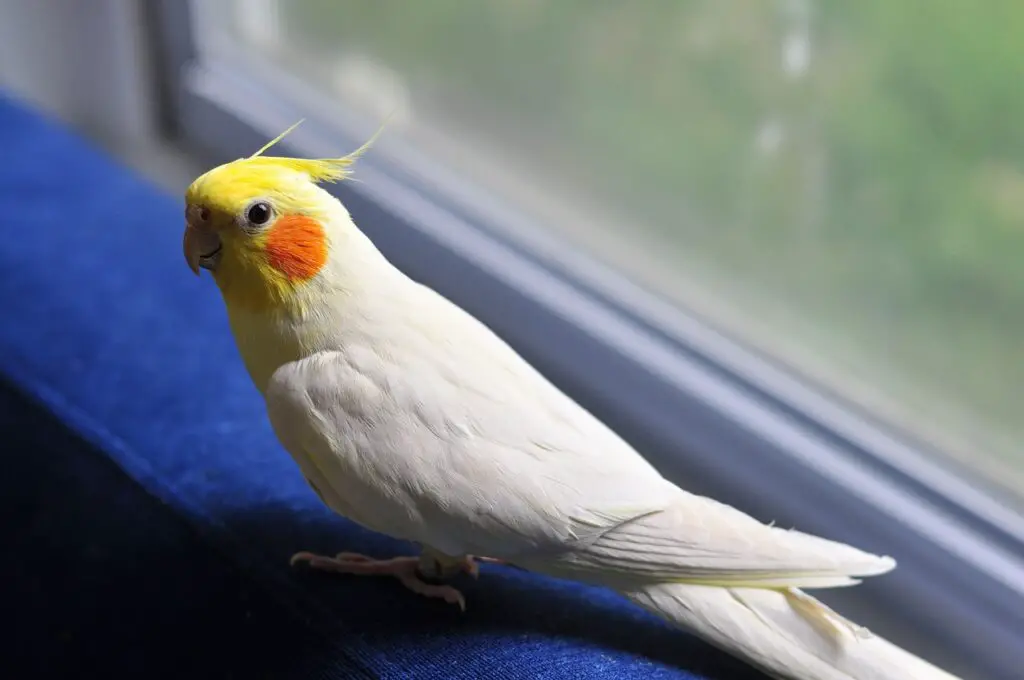
Conclusion
Cockatiels, with their potential to live between 15 to 25 years or even longer with optimal care, can provide companionship and joy for a significant portion of our lives. However, this longevity comes with responsibilities. Factors such as genetics, diet, environment, social interaction, healthcare, exercise, and protection from toxins all play essential roles in determining the lifespan and overall quality of life for these feathered friends. Owners who prioritize the well-being of their cockatiels lifespan by providing proper nutrition, mental stimulation, medical care, and a loving, engaging environment can expect their birds to thrive and enjoy a fulfilling and lengthy existence.
In sharing our lives with cockatiels, we embark on a journey of companionship and mutual enrichment. By fostering a deep and respectful relationship with these intelligent and social birds, we not only ensure their longevity but also create lasting memories and bonds that enrich our own lives. As responsible caretakers, we hold the key to unlocking the full potential of a cockatiel’s lifespan and, in doing so, experience the unique and enduring joy they bring into our homes. The lifespan of a cockatiel serves as a reminder of the significance of responsible pet ownership. These endearing birds, with their distinctive crests and charming personalities, can become cherished members of our families. However, their extended lifespans necessitate a long-term commitment and a willingness to provide for their needs throughout their journey.
Cockatiel owners should continually educate themselves about avian care, remain attentive to their birds’ physical and emotional well-being, and adapt to their evolving requirements as they age. The bond formed with a cockatiel can be incredibly rewarding, but it also carries the responsibility of ensuring that they thrive throughout their lives. By offering them the best possible environment, nutrition, and companionship, we can maximize their longevity and the fulfillment they bring to our lives. As we celebrate their presence in our homes, let us also embrace the opportunity to provide them with a safe, healthy, and happy existence, enriching both their lives and our own.

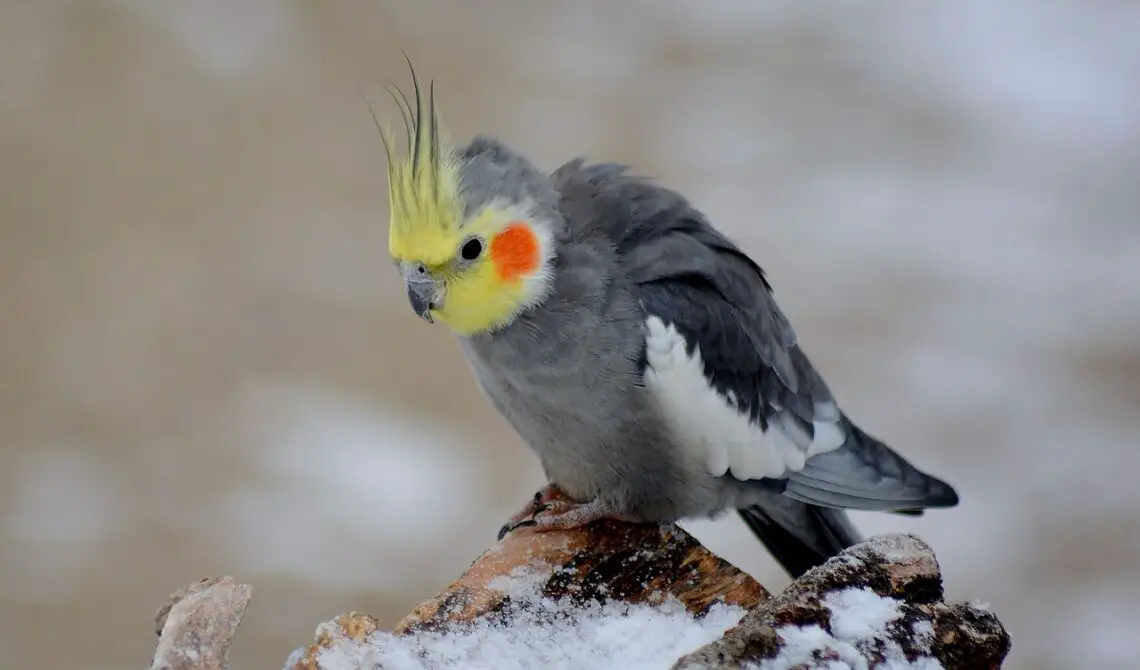
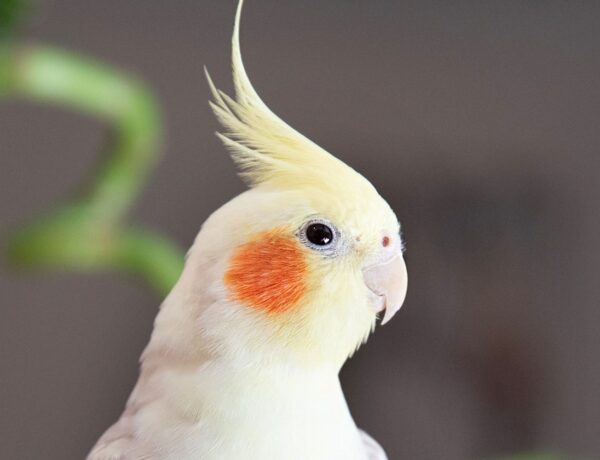
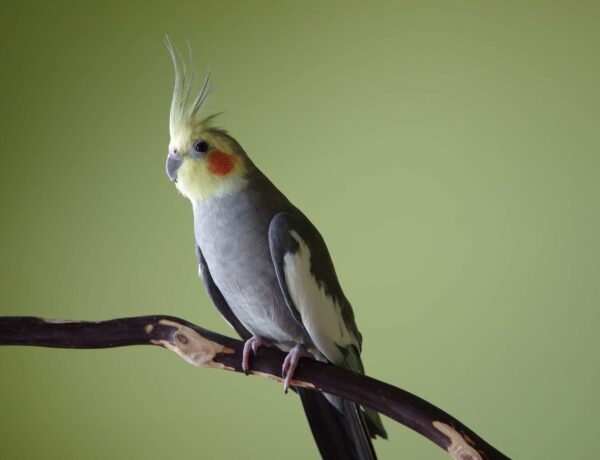
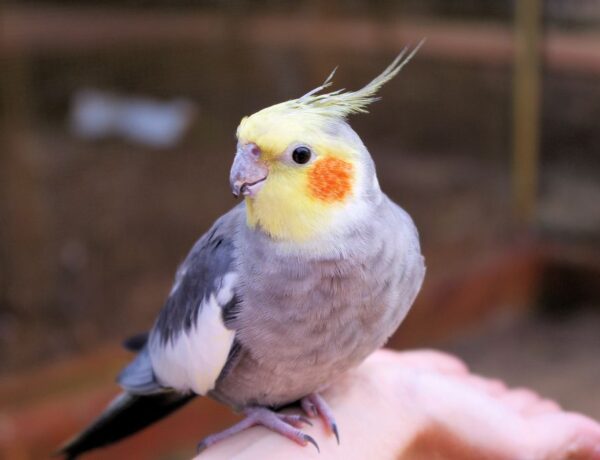
No Comments